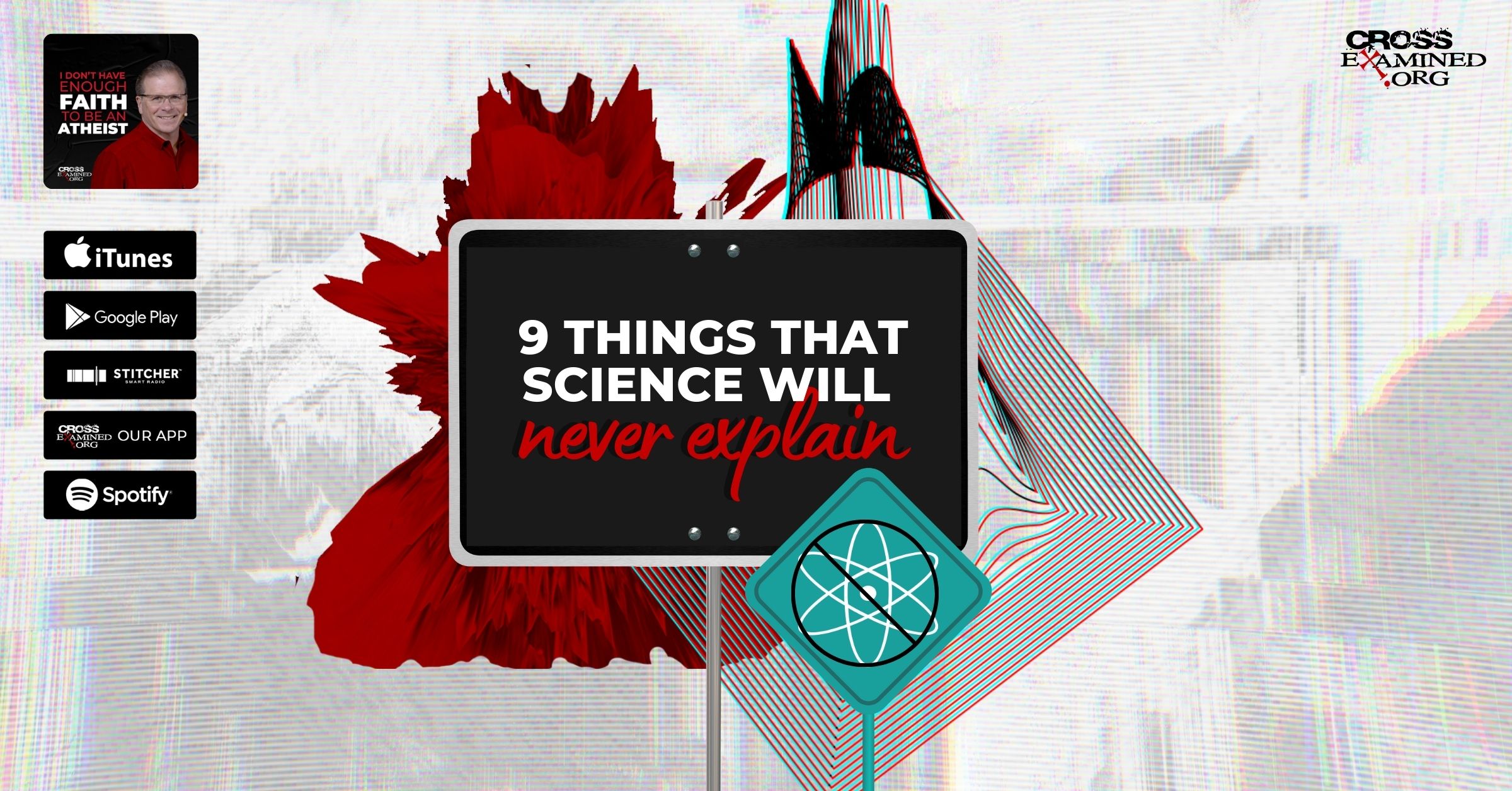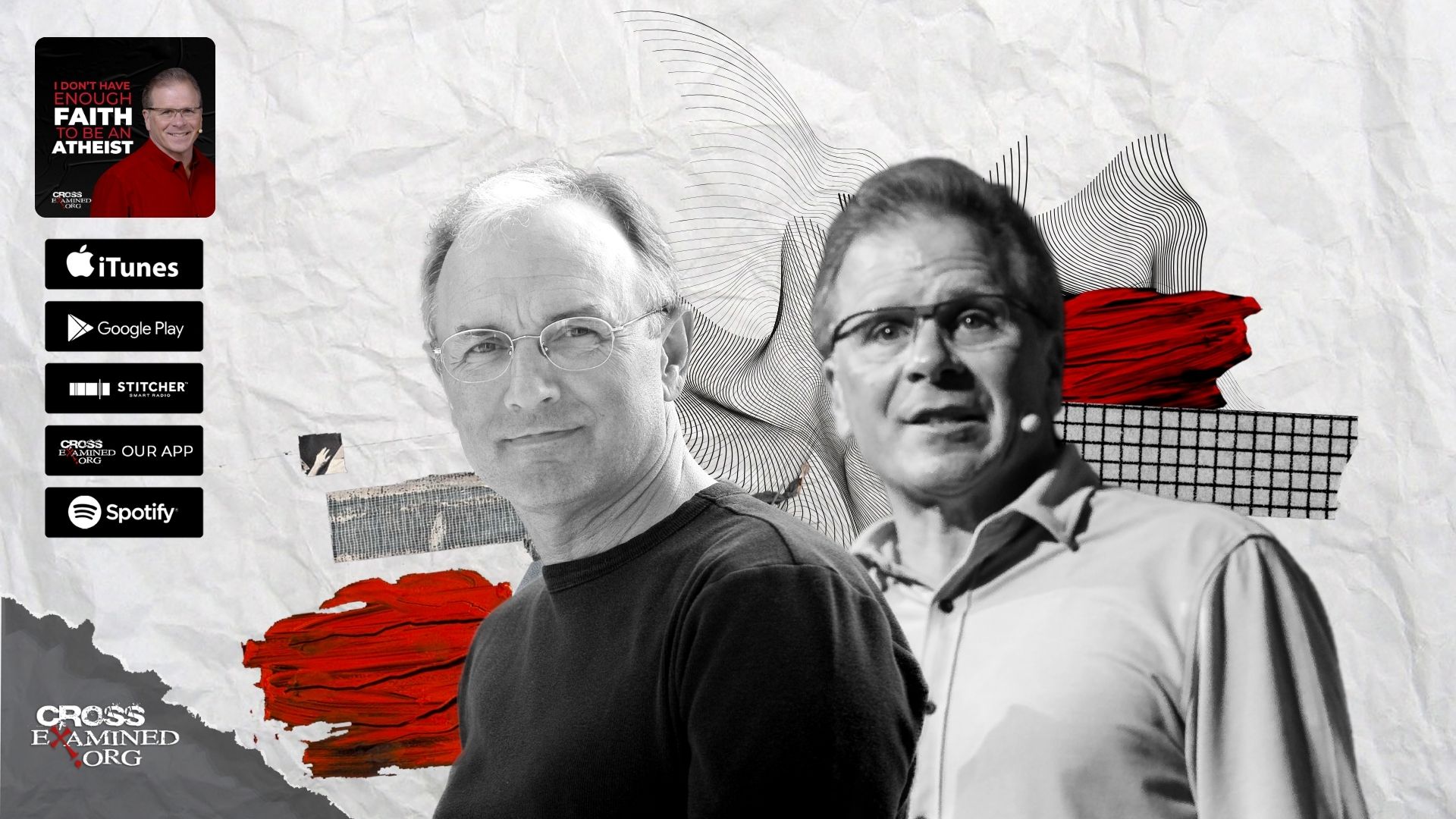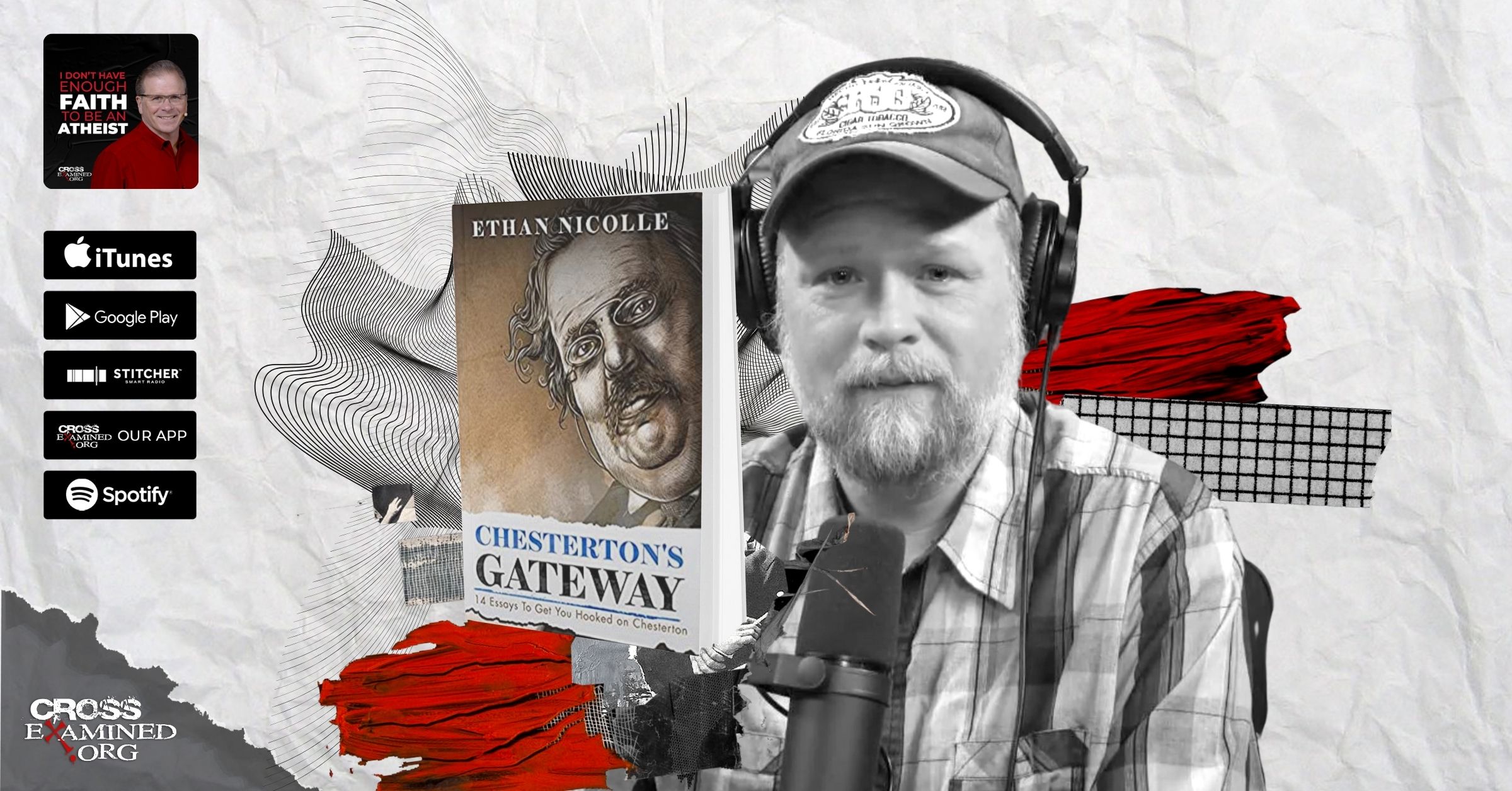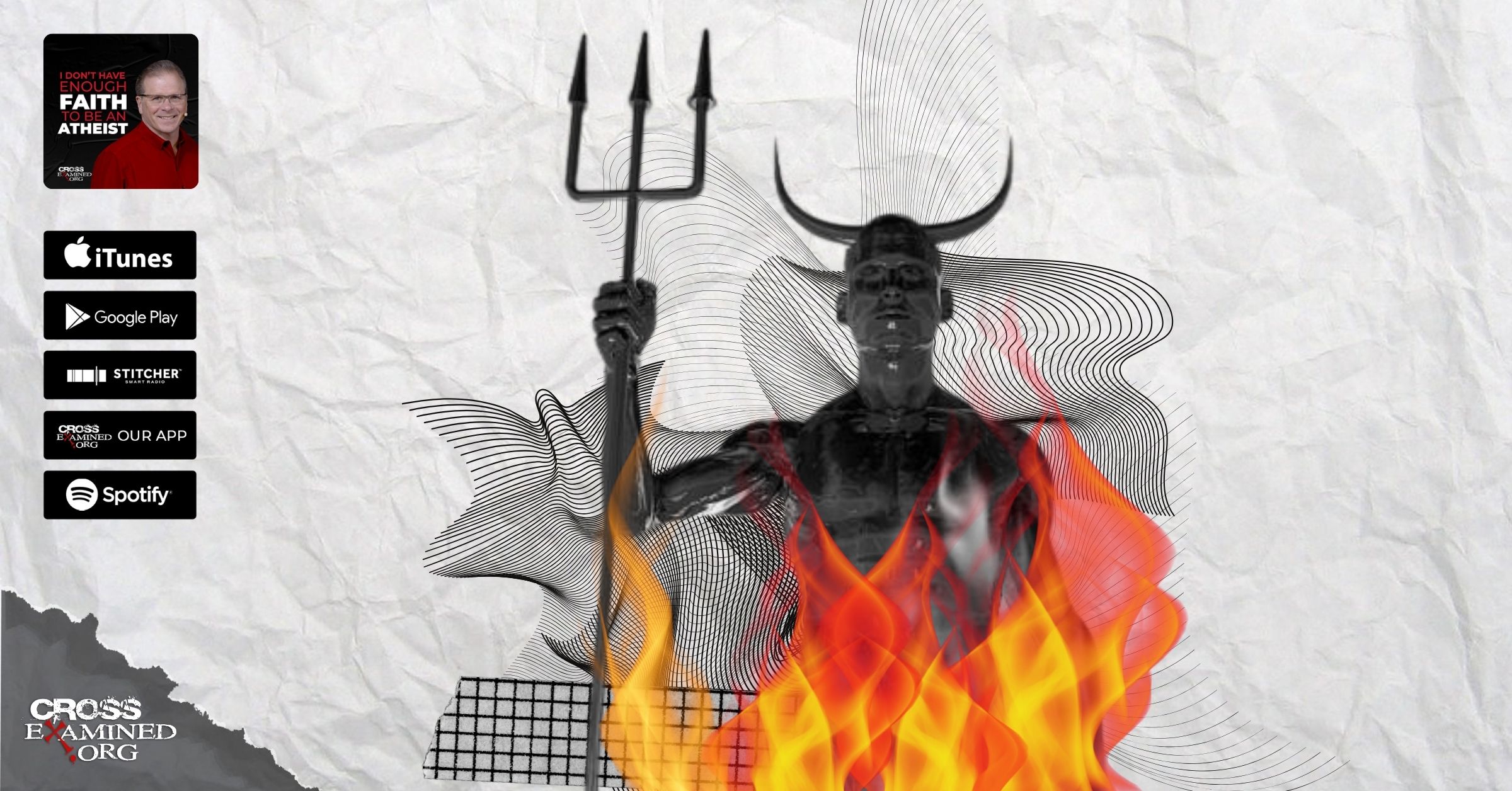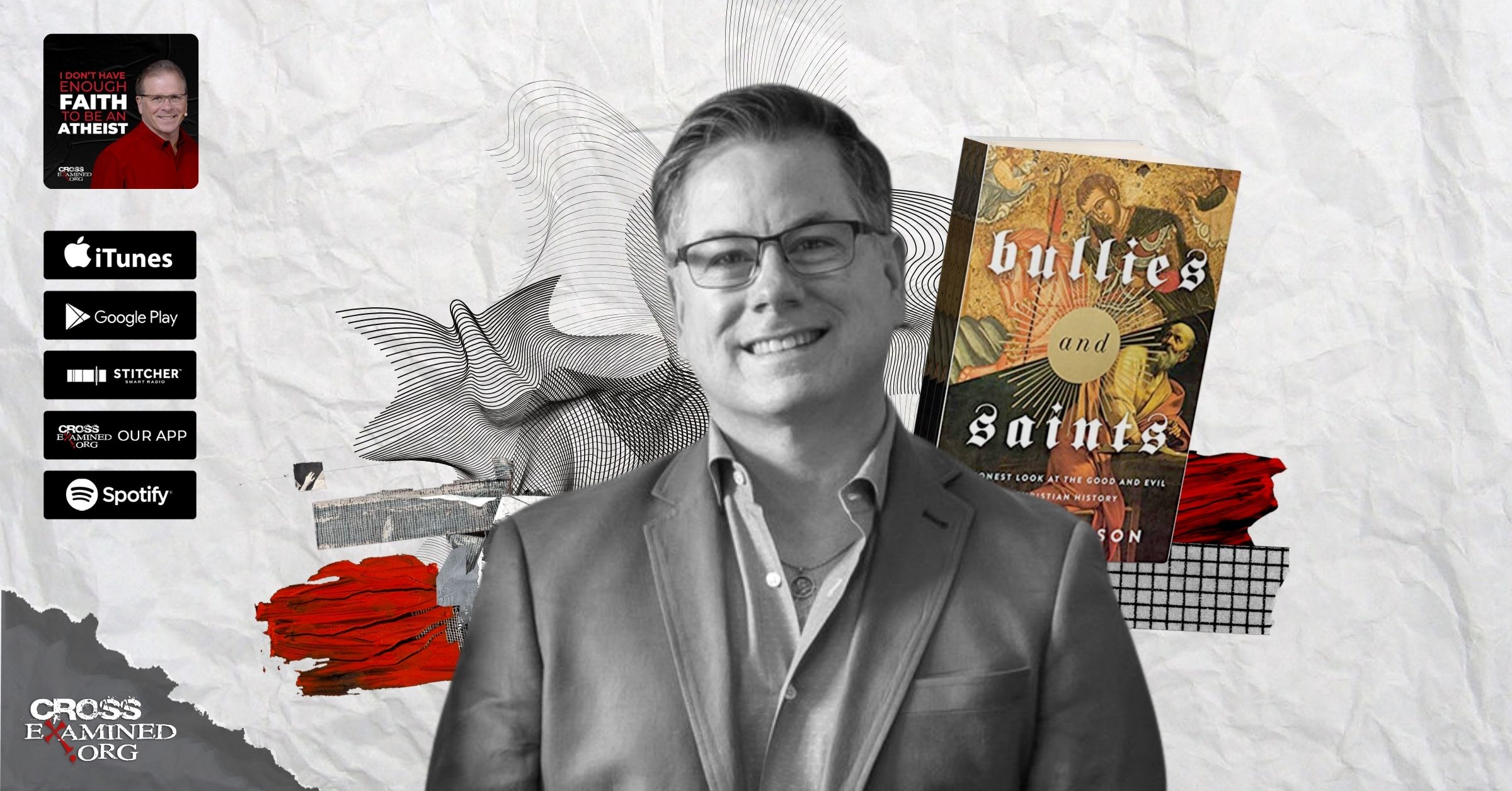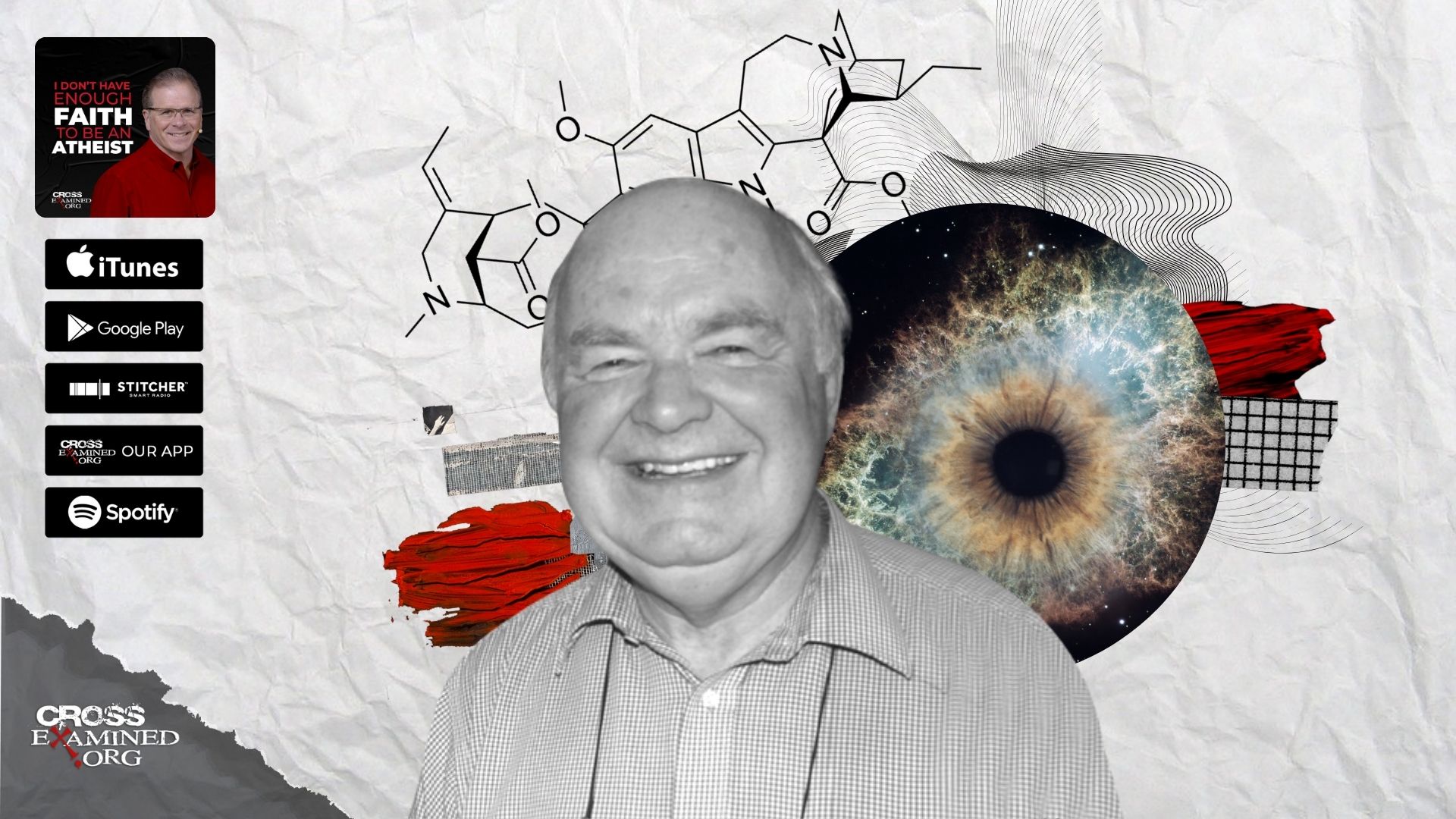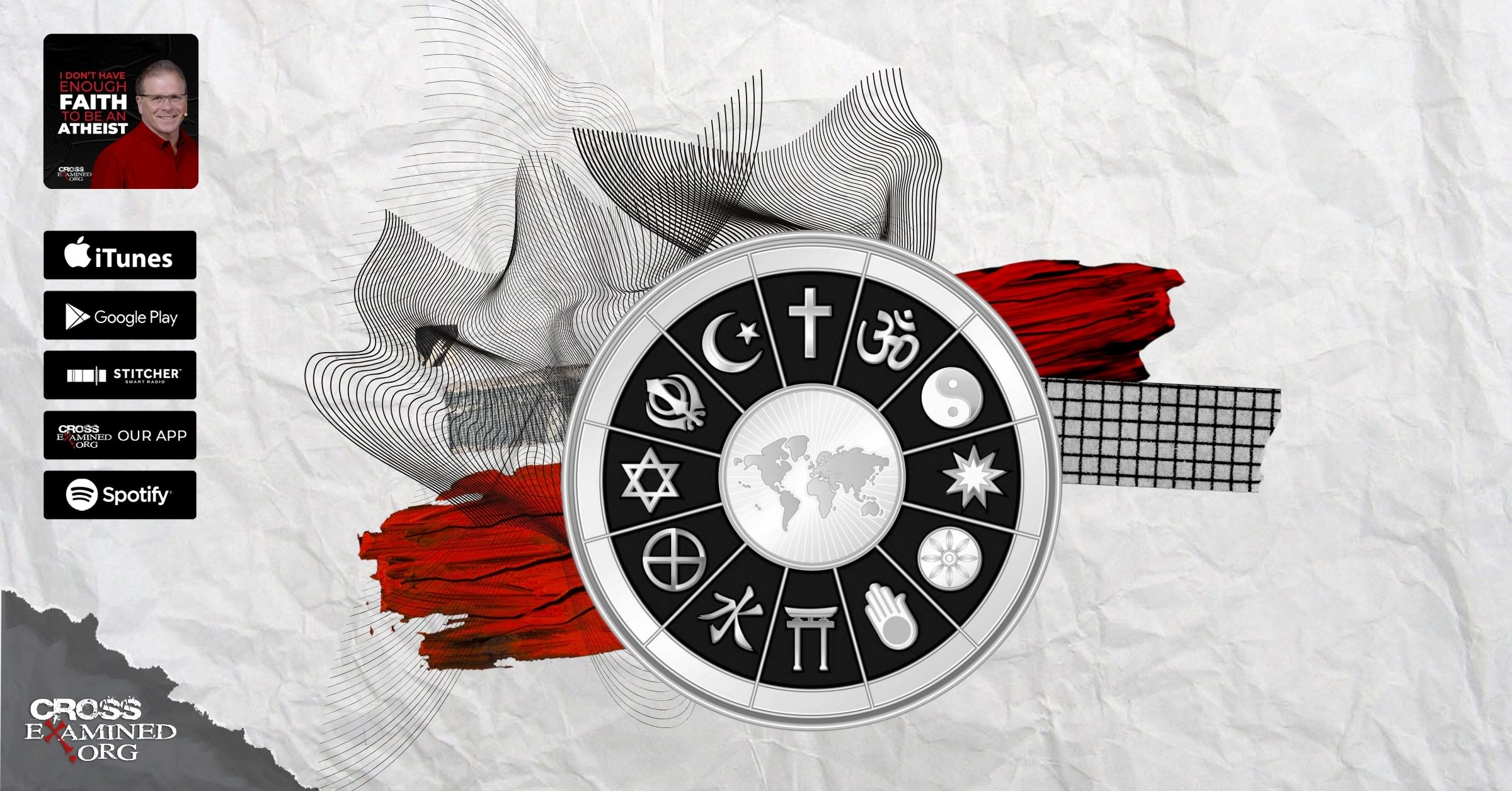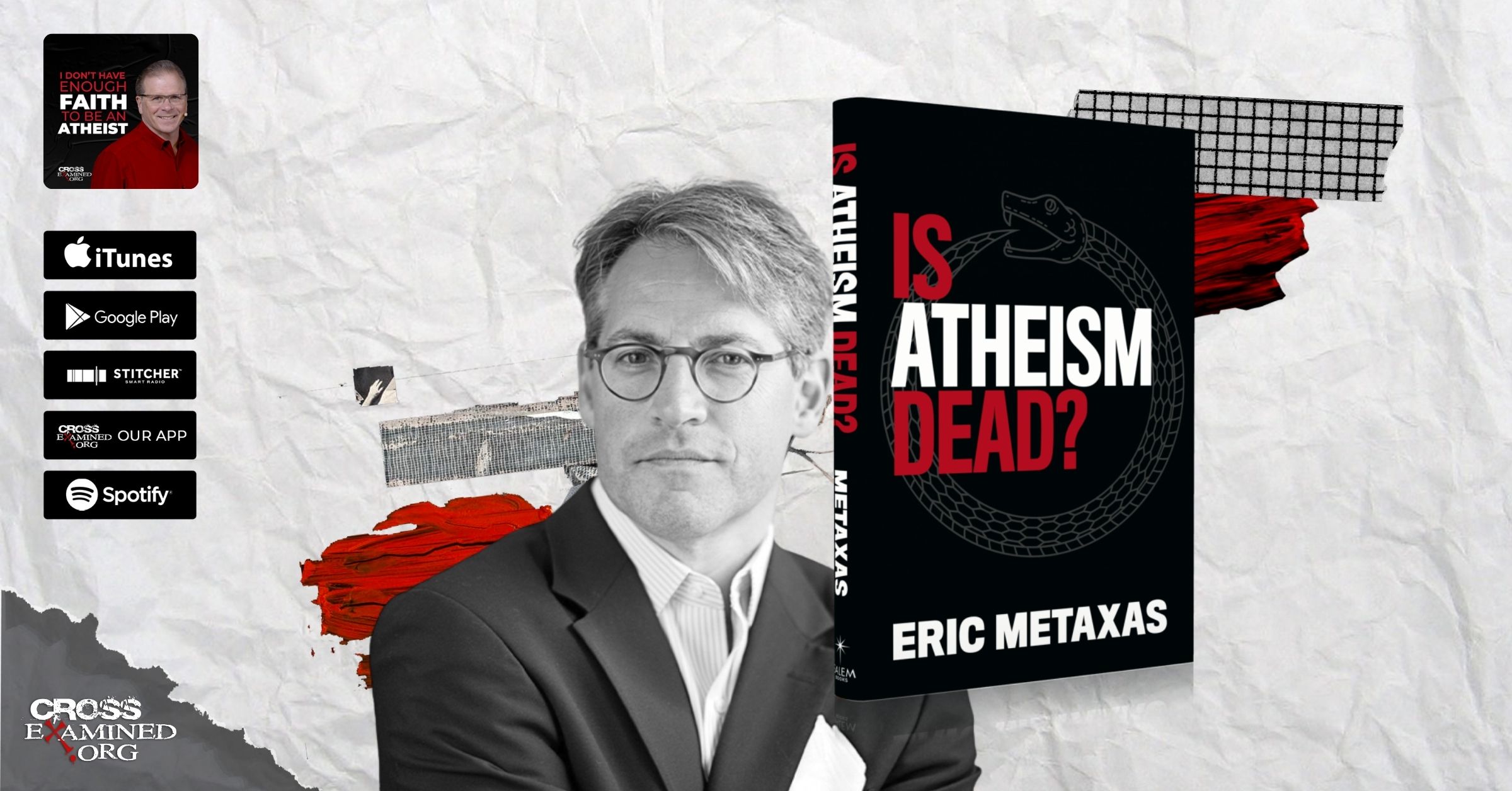Introduction
“Don’t you know that friendship with the world means enmity against God? Therefore, anyone who chooses to be a friend of the world becomes an enemy of God.”- James 4:4 NIV
James 4:4 warns Christians to not become a “friend of the world” because the world is God’s enemy. What does that mean, though? The other day someone told me that I was in violation of that verse because I believed the “atheistic theory” of the big bang and used it as evidence that God exists. Did James mean to communicate that Christians cannot recognize when an unbeliever or group of unbelievers have a correct view of some aspect of reality? Or did he intend to communicate something else? Before I get to the specific accusation, let’s examine what actually concerns James in his letter.
Being The World’s Friends and Enemies of God
When we read all of James’ letter, we see the answer. Consider James 1:14-15:
“…each person is tempted when they are dragged away by their own evil desire and enticed. 15 Then, after desire has conceived, it gives birth to sin; and sin, when it is full-grown, gives birth to death.”- (NIV)
James is talking about having the same evil desires as the world- not necessarily believing the same way about some feature of reality. James is emphasizing that we must be committed to truth not feelings or desires. If an unbeliever believes something that is true about reality that we also believe is true about reality, James does not condemn our agreement. In fact, agreement about reality may be used as a springboard for evangelism (1 Peter 3:15) and bringing the unbeliever to Christ. Enemies of God do not intentionally point others to Christ. Enemies of God do not condemn evil desires. Condemning evil desires and pointing others to Christ are necessary steps in presenting the Gospel. Enemies of God have no such interest.
It is not that having agreement with unbelievers regarding true beliefs about reality that makes us “friends of the world” in the sense that James is speaking. It is having agreement with them regarding sinful desires that makes us “friends of the world” and thus enemies of God. We certainly could allow our sinful desires to manipulate the truth into justifying sin (which will always be logically fallacious, by the way), but is that what has happened with Christians who have accepted big bang cosmology?
The Big Bang Is Hardly An Atheistic Theory
Contrary to popular Christian thinking, the big bang theory is about the furthest from a naturalistic theory as they come. It has so many strong theistic implications that naturalists have tried for over a century to undermine it and have only in recent decades finally come to accept it as a community. But that acceptance is reluctant and is often accompanied by failed attempts to weasel out of the absolute beginning and exquisite fine-tuning implied by this rapid expansion event. The big bang necessarily requires a cause that is outside of space and time, is mind-blowingly intelligent and powerful, and caused the creation of this universe out of literally no thing (creatio ex nihilo) for His purposes. The big bang creation event simultaneously provides powerful evidence for Christian theism and against naturalism.
It is not the science of big bang cosmology that made big bang cosmology so reprehensible to naturalists; it was the theistic and thus moral implications. The world does hate all Christians, whether those Christians believe that the big bang was the creation event described in Genesis 1:1 or if they do not. The world hates us not because we followed the evidence where it leads, but the world hates us because of where (or more accurately, to Whom) the evidence leads. There is no way that big bang cosmology allows someone to justify their evil desires; in fact, it does the exact opposite, and that is why it was so vehemently opposed by atheists for so long.
The fact that the naturalistic enemies of big bang cosmology have been compelled by the continually increasing evidence for the big bang to accept that it describes how our universe came into existence provides powerful evidence of its truth. It does so just as Jesus’ empty tomb is strongly evidenced by the fact that Jesus’ enemies (the scribes and Pharisees) were compelled by the evidence to accept that His tomb was empty. If “enemy attestation” provides powerful evidence that Jesus’ tomb was empty, then it also provides powerful evidence that the big bang occurred (see Evidence for the Empty Tomb of Jesus and Big Bang Cosmology).
In Romans 1, the Apostle Paul affirms that unbelievers have access to the same data of nature as Christians do. As a result, unbelievers and Christians will believe some of the same things about the creation. Paul is adamant that nature is so clear in its revelation that unbelievers are, in fact, without excuse in their denial of God. When unbelievers discover and features of creation, no doubt those features will point to their Creator. This is exactly what is going on when believers and unbelievers examine the evidence for the big bang. The world hates Christians because we do not share and we even condemn their evil desires and actions. And the world hates big bang cosmology because they know that they stand condemned, without excuse, by the images they witness through the lenses of their telescopes.
The Foundation for Morality
But despite that strong testimony of creation to God as the Creator, many Christians still insist that big bang cosmology is a naturalistic theory. The concern is that it does away with God as an objective, moral foundation for society, and, from their view, the moral degradation that we see in culture (see my previous articles “Compromising the Kingdom” and “Unrecognized Agreement and Unity“) is a result of a culture that has accepted big bang cosmology and used it as an excuse to do away with God. But because big bang cosmology is no friend of naturalism, it should not be rejected on the false grounds that it is such a friend to the naturalist and a morally debauched society.
As mentioned above, it is true that many naturalists, skeptics, and unbelievers hold to big bang cosmology, but it is the non-theistic philosophies that have opened our culture to the moral decay that we see. God is the foundation for objective morality. God is the source of the Image of God found in all humans. And the Image of God is the foundation of humans’ intrinsic value, free agency, and moral culpability (see my posts “Why Is The Image of God So Important?” and “Do Humans Have Intrinsic Value?“). Not only have Christians who affirm big bang cosmology held tightly to the very Foundation (God) of objective morality and the Image of God, they have hard, scientific evidence of the existence of that Foundation via big bang cosmology (again, Romans 1, in action).
Conclusion
The idea that Christians, who accept the evidence God has provided for how and when He created the world, have somehow become or want to become friends with the world is misguided. Anyone who makes this accusation against a fellow Christian simply does not understand the theistic implications of big bang theory nor do they recognize that atheists saw those implications and resisted because of those implications, yet they were eventually compelled by the evidence that God has provided to us by His fully reliable actions (creation) to accept it. Even if one does not agree that the creation testifies to the big bang creation event, they cannot honestly continue to claim that the big bang is a naturalistic, anti-God theory.
Recommended resources related to the topic:
Stealing From God by Dr. Frank Turek (Book, 10-Part DVD Set, STUDENT Study Guide, TEACHER Study Guide)
Legislating Morality: Is it Wise? Is it Legal? Is it Possible? by Frank Turek (Book, DVD, Mp3, Mp4, PowerPoint download, PowerPoint CD)
Is Morality Absolute or Relative? by Frank Turek (DVD/ Mp3/ Mp4)
Tactics: A Game Plan for Discussing Your Christian Convictions by Greg Koukl (Book)
_____________________________________________________________________________________________________________________________________________________
Luke Nix holds a bachelor’s degree in Computer Science and works as a Desktop Support Manager for a local precious metal exchange company in Oklahoma.
Original Blog Source: https://bit.ly/36M5lao


